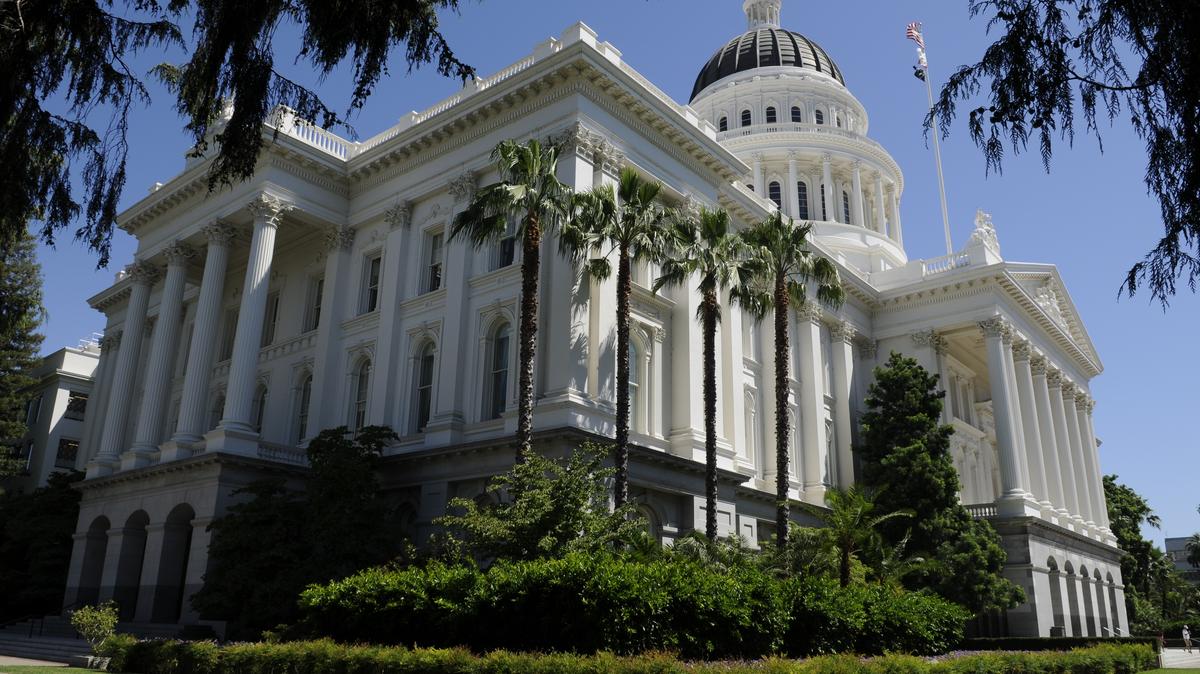
Business advocacy groups have rebuked a late-in-the-session bill that would allow striking workers to collect unemployment benefits.Last week, a bill in the California State Senate was rewritten so that it would expand the state unemployment program to allow workers who have been on strike from their job for two weeks to be eligible to apply for unemployment benefits.The bill, Senate Bill 799, was authored by Sen. Anthony J. Portantino (D-Burbank), whose district includes parts of the Los Angeles area where screenwriters have been striking since May.“SB 799 will help workers put food on their table when they need it most, in the middle of a labor negotiation,” Portantino said, in a statement released last week. “It’s better for the worker and the economy to have job security and a seat at the table as we negotiate the future of the workforce, while business and economic models change.”Portantino’s statement went on to say that loss of income during strikes was a major obstacle for workers going on strike and negotiating to improve their working conditions.He also noted that New York and New Jersey already allow striking workers to collect unemployment.“It sends the wrong message for what UI was designed to be and who it was supposed to serve,” said John Kabateck, California state director with the National Federation of Independent Business.The federation was one of dozens of business organizations that signed off on a letter the California Chamber of Commerce sent to Portantino last week, opposing his bill. CalChamber has also tagged the bill as a “job-killer.””This would break precedent with 70 years of (the unemployment insurance) system by rewarding workers who have willfully walked off of the job, and have a job to return to,” Kabateck said.Current state law holds that unemployment benefits are available to people who are involuntarily discharged from their most recent work, and federal law holds that unemployment insurance programs are for people “able to work, available to work and actively seek work.”“It’s a disgrace, and it’s frankly an insult to the hard-working men and women who legitimately rely on unemployment insurance as a temporary safety net,” Kabateck said.A key part of the opposition around SB 799 is that it would open up eligibility and allow more people to draw down money from the state’s unemployment insurance fund — a fund that has been facing insolvency for years and is already carrying a historically high debt load.The unemployment insurance account is funded through payroll taxes paid by employers. Employers pay a percentage of each employee’s wages into the fund, and how much they have to pay is based in part on how many workers they have terminated who have to collect benefits from the fund.However, when the fund is overdrawn, all employers, regardless of whether they’re responsible for the job losses or not, have to pay higher unemployment insurance taxes.During the first months of the Covid-19 pandemic, when businesses were shut down and terminated workers, millions of new claims for unemployment benefits swamped the Employment Development Department, and the unemployment insurance fund had to borrow money from the federal government to pay out all the claims.That fund is still $18 billion in debt. Until it’s paid off, all employers will see their unemployment insurance taxes increase by 0.3% — or about $21 per employee — and it will keep going up by another 0.3% annually, until they reach a maximum of $434 per employee, or until the debt is paid off.Kabateck called it a regressive tax that will have a disproportionate impact on smaller employers.“Small business owners did not create this unemployment insurance crisis and they certainly should not be responsible for trying to dig the state out of this hole,” Kabateck said.Back when the state was in a budget surplus, the NFIB and other business groups called on the state to use that extra money to pay down as much of the debt as possible, but the state didn’t put as much money toward the unemployment insurance fund as they were hoping for.“The governor has repeatedly called for this to be paid down or to take those steps, but this has been roadblocked with the Legislature,” Kabateck said.
See the entire article on Arizona’s unemployment, or, read more Arizona real estate investing news. The choice is up to you.

